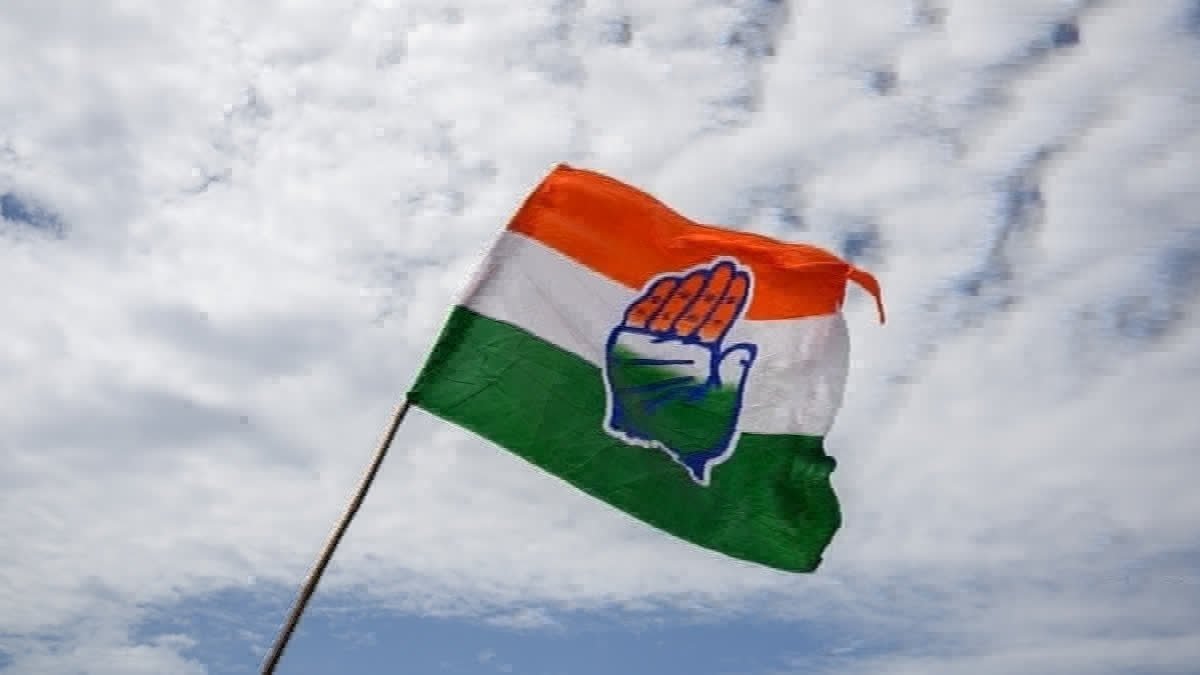New Delhi: The Congress on Thursday moved the Supreme Court opposing the petitions challenging the validity of various provisions of the Places of Worship (Special Provisions) Act (POWA), 1991, claiming that the law was essential to safeguard secularism in India and it was enacted by the Parliament as it reflected the mandate of the Indian populace.
The main opposition party, in an intervention application, said that at the time of the passing of the law, it was the applicant along with the Janata Dal party that were in the majority in the legislature for the 10th Lok Sabha, and the law was enacted by the Parliament, as it reflected the mandate of the Indian populace.
"In fact, the POWA had been envisaged prior to the year 1991 and the same was made a part of the applicant’s then election manifesto for the Parliamentary elections. The POWA is essential to safeguard secularism in India and the present challenge appears to be a motivated and malicious attempt to undermine established principles of secularism," said the plea.
The P V Narasimha Rao government enacted the 1991 law when the Ram temple movement was at its peak. The law was meant to protect the status of religious places as existed on August 15, 1947.
The Congress said it seeks to intervene in this matter to emphasise the constitutional and societal significance of the POWA, as it apprehends that any alterations to it could jeopardise India's communal harmony and secular fabric thereby threatening the sovereignty and integrity of the nation.
The Congress said it seeks to oppose the challenge to Sections 2, 3, and 4 of the Act, on the grounds that the 1991 law, plays a pivotal role in furthering the right to freedom of religion and protects secularism, which is an established basic feature of the Constitution.
"The instant petition challenges a legislation that both in form and substance safeguards fundamental rights and the basic features of the Constitution of India, including but not limited to secularism and fraternity. In such a view, the applicant seeks to make crucial submissions that support the outright dismissal of the present petition and accordingly humbly seeks to intervene on the following counts," said the plea, seeking dismissal of the petition filed by advocate Ashwini Kumar Upadhyay and others.
A batch of petitions, including the lead petition filed by lawyer Upadhyay, challenged various provisions of the Places of Worship (Special Provisions) Act, 1991.
The Congress party’s plea said it is contended that since Article 13 bars Parliament from enacting laws in contravention of fundamental rights, Parliament was incompetent in enacting the POWA.
"The said contention is patently flawed for the reason that POWA is not in contravention of any fundamental rights enumerated in part III of the Constitution. To the contrary, the POWA actualises the right to freedom of religion and principles of secularism enshrined in Articles 25, 26, 27 and 28 of the Constitution," said the plea.
The Congress emphasised that the 1991 law is essential in order to allow for communal harmony and to promote cordial relations amongst all communities in the country. "This Hon’ble Court has on multiple occasions held that the focus of the nation must be towards the future and not at attempting to rectify the atrocities of the past," said the plea.
The apex court in December, last year, while examining a clutch of pleas against the 1991 law, had restrained all courts from entertaining fresh suits and also from passing any interim or final orders in pending cases seeking to reclaim religious places. The order was passed on petitions filed by NGOs Jamiat Ulama-I-Hind and All India Muslim Personal Law Board for implementation of the 1991 law.



